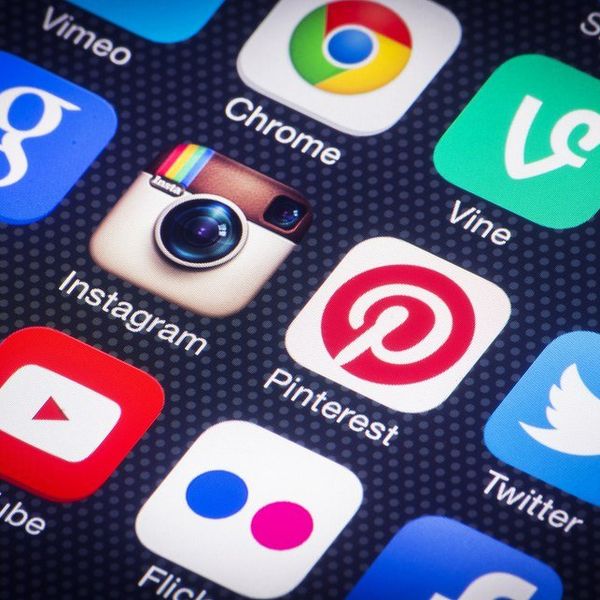Online communities have cropped up and existed since the dawn of the Internet. The Internet's communities have grown since their start, from online forums to games to social media platforms. Through these platforms, websites, and games, people create a sense of community they might not get in a face-to-face situation. In my own experience, I have found online communities to be an amazing resource for information, friendship, and acceptance -- something I had a hard time finding in face-to-face social interactions.
To get right to the point, I wasn't very popular in either middle school or high school. I was always kind of a weird kid, which left me as the target of a lot of bullying. People I would make friends with would ultimately begin making fun of me, or I would sacrifice my own happiness (and allow them to bully me/use me) so I could say I had friends. Online communities and resources were my safe haven. Online, I could find other people who maybe had the same struggles as I did, or weren't put off by rumors (and there were quite a lot of them) that met someone before I did. I felt more free to express myself online. If I didn't get along with someone, I didn't have to speak to them again, and usually that was the end of it. I didn't have to see them every day, like I would at school. I could talk to other people who were bullied and not popular; we had things in common not only in activities,and tv shows, etc, but in experiences.
I am also queer, so finding other people that I got along with and that were also LGBTQIA and could understand what it was like was a challenge. When you don't necessarily have anything in common with the LGBTQIA people at your school and don't know of any groups for teenagers, that can make it extremely difficult and isolating. The internet allowed me to have a place to meet other LGBTQIA people, answer questions about being queer that no school sex education program would give me, and give me a safe space to talk about LGBTQIA issues in with my own experience. Without Internet communities, I would lack important information not only about myself, but also the friends I gained who helped me stop feeling so isolated from the world. Being alone and queer is a scary thing, and it's even scarier as a teenager.
There has been a lot of backlash, particularly among older generations, to online communities, although that has changed a lot in the last five to seven years. In my own experience, for a long time I was too afraid to tell people I was making friends online, especially when talking to adults. The largest argument is that the people you're friends with online "aren't real friends." Online friends have been there for more, a lot more than real friends ever were, especially in high school. My question is, what makes online friends less real? Is it because we use technology to talk to them? Because I can use technology to talk to friends I know face-to-face. too. In my opinion, I think it strikes such a strange and uncomfortable chord with people for a few reasons: people worried about potential dangers, and because the technology is still sort of new. The Internet, while prominent in our lives, is still a more recent technological development (recent being a relative term). There is a lot of uncertainty in those who didn't grow up with the Internet. Attitudes are certainly changing, but there is still a bit of awkwardness concerning online communities and friendships.
Personally, I really don't know where I would be without online communities. Some of my best friends, still to this day, are people I met online. The growth and fostering of online communities are a great resource for a lot of different groups. I can't stress how important these communities are now, and I can't wait to see just how important they will become in future years.





















